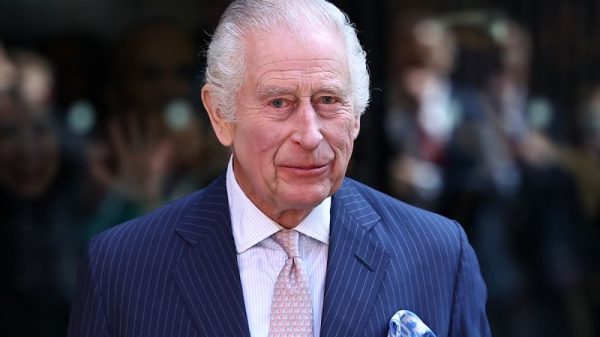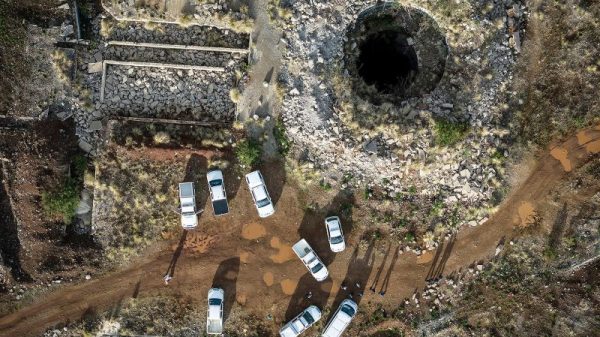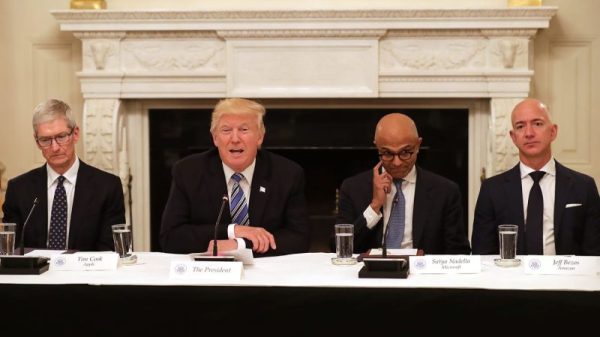The Xatśūll First Nation community has become the latest to voice their opposition over the Cariboo Gold Project helmed by Osisko Development Corporation in British Columbia, Canada. They have demanded immediate cessation of all activities related to the project, claiming severe impacts on their ancestral and traditional lands. This development further intensifies the prevailing tug-of-war battles between indigenous communities and corporate resource extraction interests.
The Cariboo Gold Project, located in the Cariboo gold district in central British Columbia, is a proposed high-grade, open-pit gold operation. The project aims to mine nearly 2,200 hectares, anticipating an annual production of about 4.4 million ounces of gold. Osisko Development asserts that this project would create several economic opportunities, including more than 500 jobs during construction and 350 permanent jobs during operations, significantly impacting the local economy positively.
However, from the Xatśūll First Nation’s perspective, the operation threatens their traditional land rights, ecological biodiversity, and spiritual connection with their ancestral territories. They maintain that the Cariboo Gold Project is located on unceded Sekani territory and that Osisko has not acquired adequate free, prior, and informed consent (FPIC) from the Xatśūll First Nation.
The Xatśūll First Nation’s concern comes from their unique connection to the land. This project’s location is rich with cultural, historical, and spiritual significance for them, as it is home to sacred sites and traditional hunting, fishing, and gathering territories. Furthermore, without accessing traditional territories, Indigenous communities like the Xatśūll can face significant challenges, which includes loss of traditional knowledge, cultural practices, and language.
Amidst such objections, the economically significant Cariboo Gold Project also opens a dialogue around sustainable development. Xatśūll First Nation champions the use of their lands and resources in ways that do not compromise the ecological integrity, while simultaneously allowing economic development. Striking a balance between these two interests is a substantial challenge, for any government or corporation.
The Xatśūll First Nation is calling for a comprehensive review of the project, one that acknowledges their inherent land rights and respects their connection with the territory. They demand that the project’s potential impacts on their water, fisheries, wildlife, and traditional land use be evaluated extensively.
Moreover, it is crucial to the Xatśūll First Nation that they are involved directly in any decisions that are made about their land
































